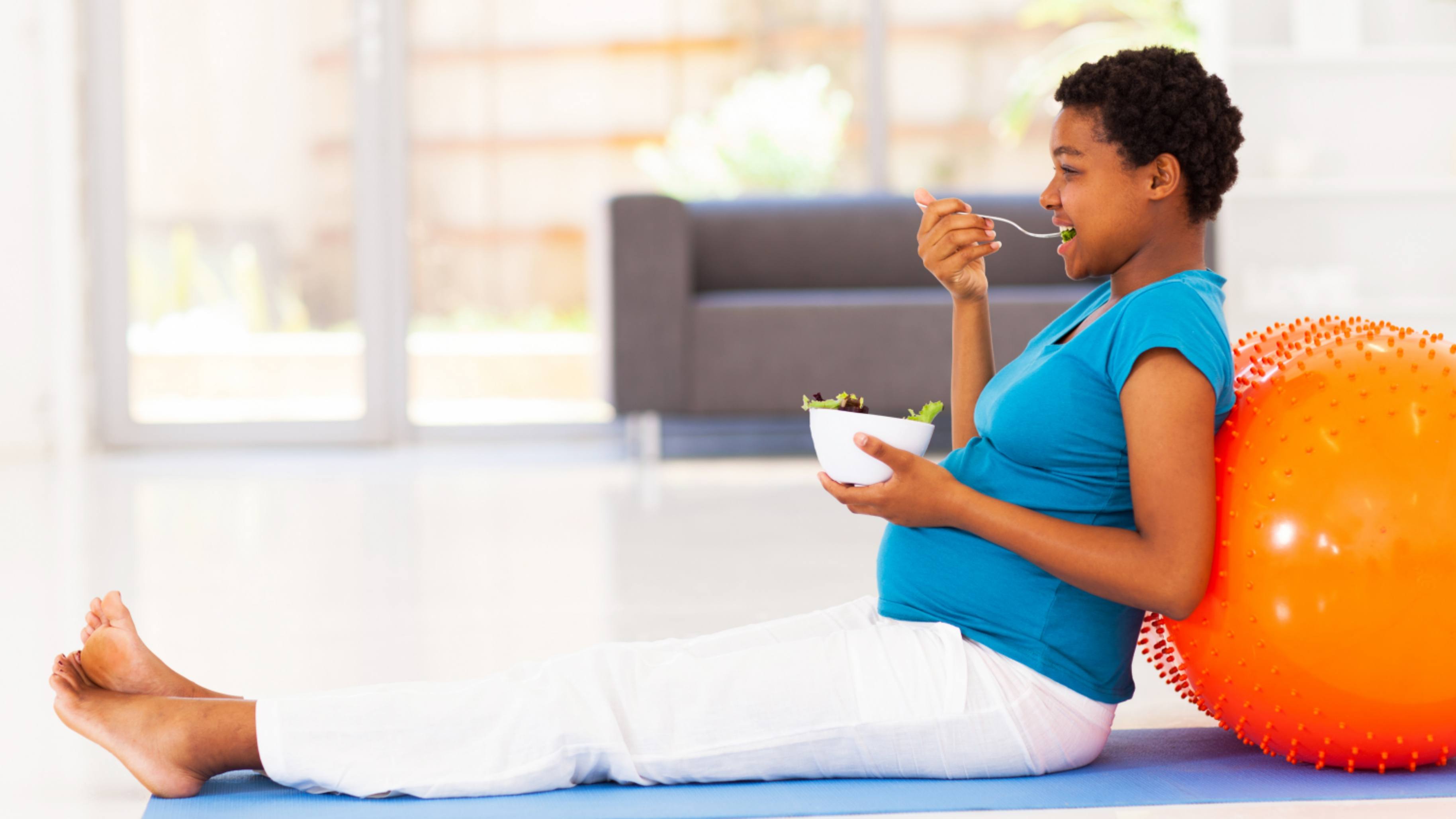-
Featured News
Women’s Wellness: 7 tips for back pain relief during pregnancy
 Back pain during pregnancy isn't surprising, but it still deserves attention. You're gaining weight, your center of gravity changes, and your hormones are relaxing the ligaments in the joints of your pelvis. Often, however, you can prevent or ease back pain during pregnancy. Consider seven ways to give pregnancy back pain the boot.
Back pain during pregnancy isn't surprising, but it still deserves attention. You're gaining weight, your center of gravity changes, and your hormones are relaxing the ligaments in the joints of your pelvis. Often, however, you can prevent or ease back pain during pregnancy. Consider seven ways to give pregnancy back pain the boot.
1. Practice good posture
As your baby grows, your center of gravity shifts forward. To avoid falling forward, you might compensate by leaning back — which can strain the muscles in your lower back and contribute to back pain during pregnancy. Keep these principles of good posture in mind:
- Stand up straight and tall.
- Hold your chest high.
- Keep your shoulders back and relaxed.
- Don't lock your knees.
When you stand, use a comfortably wide stance for the best support. If you must stand for long periods of time, rest one foot on a low step stool — and take time for frequent breaks.
Good posture also means sitting with care. Choose a chair that supports your back, or place a small pillow behind your lower back.
2. Get the right gear
Wear low-heeled — not flat — shoes with good arch support. Avoid high heels, which can further shift your balance forward and cause you to fall.
You might also consider wearing a maternity support belt. Although research on the effectiveness of maternity support belts is limited, some women find the additional support helpful.
3. Lift properly
When lifting a small object, squat down and lift with your legs. Don't bend at the waist or lift with your back. It's also important to know your limits. Ask for help if you need it.
4. Sleep on your side
Sleep on your side, not your back. Keep one or both knees bent. Consider using pregnancy or support pillows between your bent knees, under your abdomen and behind your back.
5. Try heat, cold or massage
While evidence to support their effectiveness is limited, massage or the application of a heating pad or ice pack to your back might help.
6. Include physical activity in your daily routine
Regular physical activity can keep your back strong and might relieve back pain during pregnancy. With your health care provider's OK, try gentle activities — such as walking or water exercise. A physical therapist also can show you stretches and exercises that might help.
You might also stretch your lower back. Rest on your hands and knees with your head in line with your back. Pull in your stomach, rounding your back slightly. Hold for several seconds, then relax your stomach and back — keeping your back as flat as possible. Gradually work up to 10 repetitions. Ask your health care provider about other stretching exercises, too.
7. Consider complementary therapies
Some research suggests that acupuncture might relieve back pain during pregnancy. Chiropractic treatment might provide comfort for some women as well. However, further research is needed. If you're considering a complementary therapy, discuss it with your health care provider. Be sure to tell the chiropractor or acupuncturist that you are pregnant.
Know when to consult your health care provider
If you have severe back pain during pregnancy or back pain that lasts more than two weeks, talk to your health care provider. He or she might recommend medication such as acetaminophen (Tylenol, others) or other treatments.
Keep in mind that back pain during pregnancy might be a sign of preterm labor or a urinary tract infection. If you have back pain during pregnancy that's accompanied by vaginal bleeding, fever or burning during urination, contact your health care provider right away.
This article is written by Mayo Clinic staff. Find more health and medical information on mayoclinic.org.








